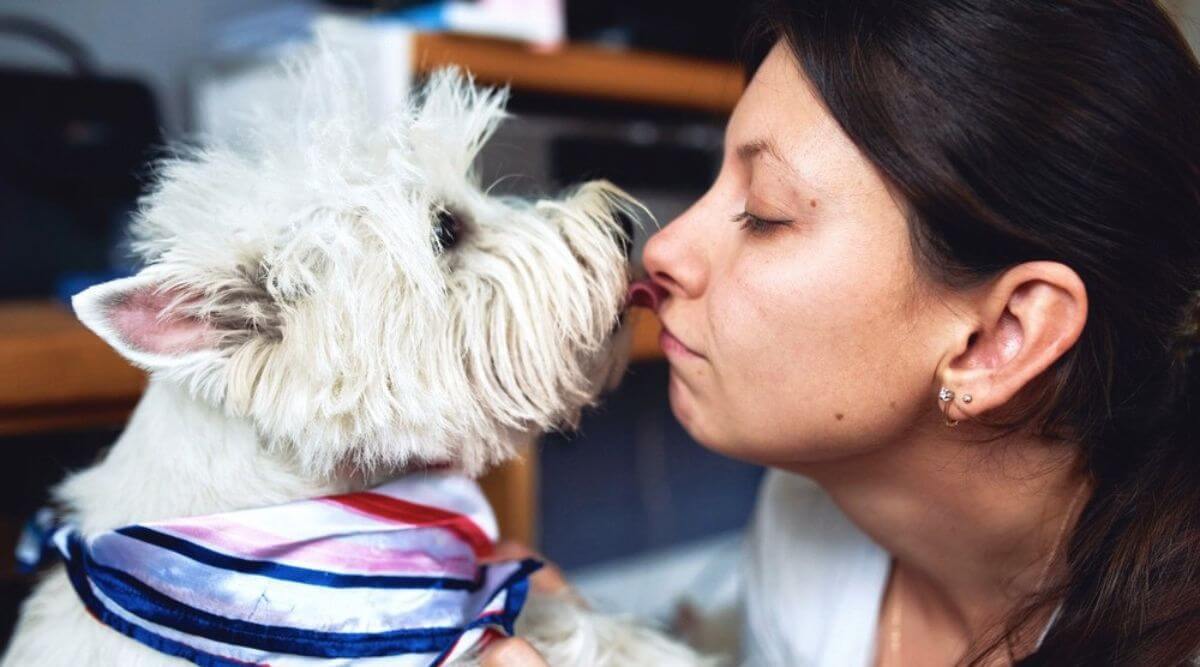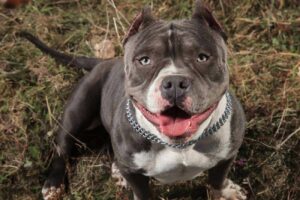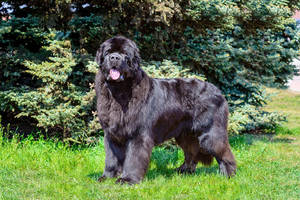Clever, confident, entertaining, inquisitive, and always eager to play, the West Highland White Terrier (simply referred to as a “Westie” for short), has been delighting pet parents and fans for more than 300 years.
A true working terrier, the Westie was bred to hunt rats and other types of underground rodents, they are always alert for potential intruders.
The short stature, pointy ears, and dark eyes, which stand at a stark contrast against the all-white double coat, makes the Westie a truly adorable dog; however, don’t let his cuteness fool you, as this ratting terrier is very self-assured, courageous, and because of his high-degree of intelligence and independent personality.
The Westie can be a bit difficult to train, but with diligence and patience, this dog breed will train well, and makes a wonderful companion pet.
But are Westies good for people with pet dander allergies?
Are West Highland White Terriers Hypoallergenic?
Yes, Westies are considered a hypoallergenic dog breed.
It is assumed that this breed is hypoallergenic because they do not shed a lot, and while that may help to keep pet allergies to a minimum, it’s actually because they produce a low degree of dander, and it’s a protein in the dander that elicits an immune response and causes allergic reactions.
Do Westies Shed?
Yes. Like all dog breeds, West Highland White Terriers do shed; however, they do not shed as much as other dog breeds.
They do have a double coat, including soft, dense undercoat and a wiry topcoat.
Part of the reason why their shedding is minimal is due to the fact that loose fur from the undercoat is blocked by the stiff wiry topcoat. They do shed more seasonally, during the summer and winter; however, their shedding is virtually unnoticeable compared to other dog breeds.
Throughout the remainder of the years, the Westies sheds very little.

Do Westies Have Dander?
Yes, like all dog breeds and all animals that have hair or fur (including humans), West Highland White Terriers do produce dander. Dander is dead, dry, flaky skin, and the dander contains a protein. It is this protein that causes an allergic reaction in some individuals.
Westies do not release as much dander as other dog breeds, though; furthermore, the dander they do release gets trapped in their coarse, wiry outer coat.
Do Westies Have Fur or a Coat?
Unlike many other dog breeds that are considered hypoallergenic, West Highland White Terriers do not have hair; rather, they have a fur coat.
In fact, they have a double fur coat. As explained above, their under coat is comprised of soft fur, and their outer coat is made of thick, coarse white fur, which feels almost rough to the touch. Their outer coats can grow long.
Grooming Your West Highland White Terrier
In order to maintain the appearance of a West Highland White Terrier, and more importantly, to maintain his health and well-being, this dog breed needs to be groomed properly and on a regular basis including feeding him a good quality dog food.
As mentioned, their outer cost of fur is wiry and coarse, and it can grow long. As such, they are prone to matting, which will not only mar the physical appearance of the dog, but could also potentially lead to health issues, such as skin infections.
Use the following tips as guidance for grooming your West Highland White Terrier.
Brushing
A Westie’s thick, double coat needs to be brushed on a regular basis to keep it looking its best, as brushing keeps the fur clean and allows the skin to breathe.
It also releases oils from the skin, which will help to condition and maintain the lustrous appearance of the stark white fur. For the best results, a Westie should be brushed on a daily basis, using a high-quality dog brush. Make sure to apply gentle pressure and go, working in sections or layers.
Clipping
A Westie’s fur coat does grow long, so it has to be clipped.
Regular clipping not only maintains the appearance of the dog, but it will also help to prevent the hair from becoming matted, which, as mentioned, can pose complications, including health issues, such as skin infections.
If you are confident in your abilities, use a quality dog clipper. If you are not comfortable clipping your Westie, make arrangements to have a reputable groomer do the job for you.
Nail trimming
West Highland White Terrier's nails need to be clipped.
The nails should be clipped on an as-needed basis; typically once or twice a month. You can use a quality nail trimmer or nail file to tend to your dog’s pedicure. You’ll also want to use caution while you’re clipping your dog’s nails.
Take care to avoid going beyond the black spot in the middle of the nail. This is known as the quick, a blood-rich vein that, if clipped, can cause severe bleeding and pain.
Tooth care
Oral health is very important for a dog’s overall health and well-being.
Regular tooth brushing using a dog toothbrush or a dog finger toothbrush is important, as it will help to remove caked-on plague, tartar, and food particles, and in turn, can help to reduce the risk of developing a dental health issues.
Commercial dog toothpaste comes in several flavors including poultry and beef.
Ear cleaning
The West Highland White Terrier has pointy years that stand up straight; however, that doesn’t mean that his ears don’t need to be cleaned. In fact, it’s important to clean a Westie’s ears on a weekly basis, so as to remove wax built-up, odor, and debris.
To clean your Westie’s ears, us a clean, new cotton ball and simply dampen it with warm water, or you can use alcohol free ear cleaner.
Use an ear powder like talc-free baby powder or a dog ear powder after cleaning to stop irritation to keep them dry and stop ear odor.
Tips for Managing Allergies With a Westie
While Westies are considered a breed with a low level of allergens on their skin and ideal for people who have allergies there are still things and precautions you should take especially if you have serious allergies to keep them from flaring up.
Here's some helpful tips to reduce canine allergens in your home so you can live a happy live with your beloved Westie.
- Grooming: Brush your pooch daily and bathe him regularly.
- Keep your house cool. A temperature of 68-72 F or 20-22 C and a humidity at 50% or lower is ideal for reducing the number of allergens in your home.
- Clean house frequently. Use a specialized pet vacuum with HEPA filters that pick up pet hair and dander. Also launder your fabric curtains monthly.
- Keep dogs off furniture. Dander on furniture can be difficult to get rid of so try and keep your pooch off the furniture.
- Have tile or hardwood flooring instead of carpets since they are notorious for trapping allergens.
- Use a HEPA Filter. Purchase a HEPA air purifier to help remove particles from the air




